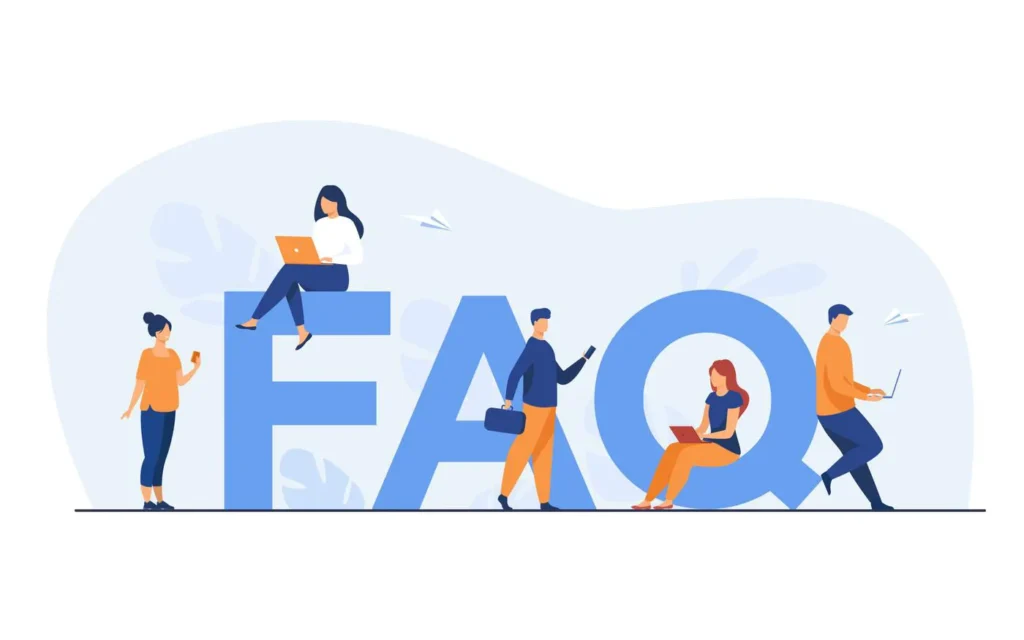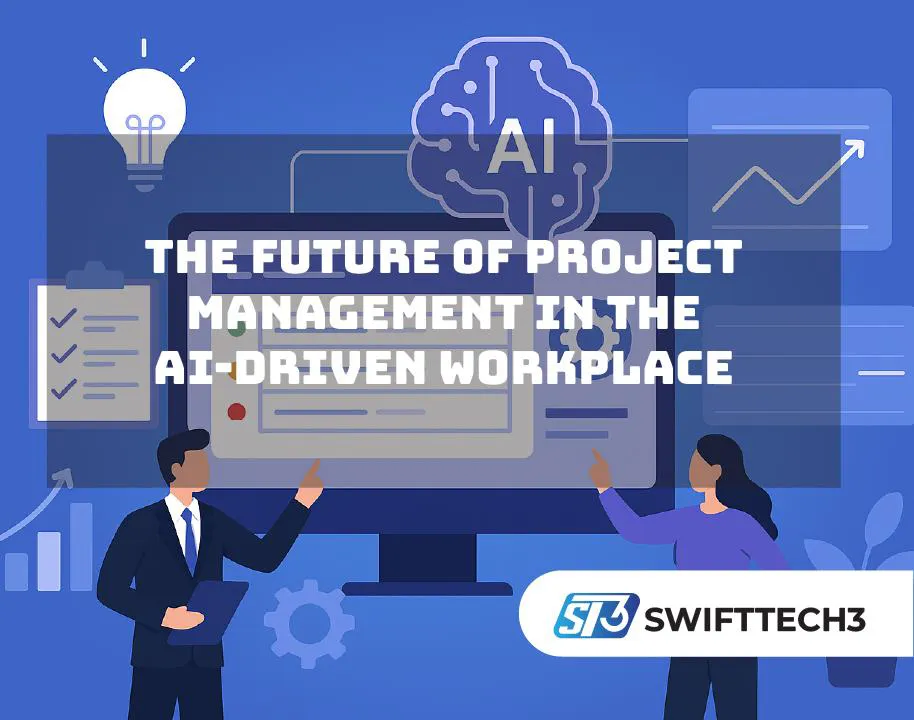Project management is entering a new age. AI is redefining how teams plan, execute and deliver projects. Tasks that used to require hours of mutual effort are now being automatized. Moreover data-driven insights are boosting decision making. The role of the project manager is moving towards more efficiency, faster results and reduced risks. Yet, it also brings new challanges in adaptability, ethics and skill development. Understanding how AI will transform project management is crucial for business aiming to stay competetive in a increasingly digital world.
The Integration of AI into Project Management
Artificial Intelligence is no longer a futuristic idea but an active part of modern project managment. From predicting risks to automating schedules AI is transforming how work get’s done. Traditional project management relied heavly on manual tracking and human experience.
Today AI tools can examine large amount of data in seconds to detect delays, trends or cost overruns before they happen. This predictive ability enable managers to focus on strategy rather than routine tasks. By blending intelligence & automation, AI brings agility and precision to projects. It make sure that teams deliver on time and within budget while maintaining collaboration and quality.
Predictive Analytics and Data-Driven Decisions
Daniel Cabrera, Owner and Founder of Fire Damage House Buyer said, “One of AI’s strongest application is predictive analytics. AI learns from past project data and forecast potential challenges. It optimizes resources and improves planning accuracy. For instance AI might determine that projects with tight timeline tends to encounter supplier delays and suggest more flexible schedule.
Managers can then take preventive action instead of reacting when problem arise. This data-driven strategy helps in estimating costs and monitoring performance with higher accuraccy. Predictive analytics changes decision making from intuition-based to evidence-based. It allow businesses to execute projects with greater precision and confident.”
Automating Repetitive and Administrative Tasks
Project managers usually spend large portion of their time tracking progress, updating reports and managing documentation. There are many tools now that handle this repetitive tasks automatically. AI powered assistants can send reminders, record meeting notes, and build visual dashboard in real time.
This automation free managers to prioritize leadership and innovation instead of paperwork. It also minimize human errors that come from manual data entry. Rather than replacing humans, AI act’s as a productivity partner, allowing for better utilization of specialized tools like creative project management software. It streamline process, saves time and helps managers focus on task that demand creative thinking.
Smarter Risk Management
Every project carries risk, whether its budget issues, communication gap or schedule delay. AI improve risk management by determining potential threats early. Through pattern recognition AI systems can examine previous outcomes and highlight repeating problems before they escalate.
For example if communication frequency drops among key team members, AI can mark this as early sign of bottlenecks or disengagment. With these insights project managers can intervene early, assign resources or adjust timeline. This proactive approach replaces reactive risk management, reducing disruptions and increasing stability.
Optimizing Resource Allocation
Managing resources is among the hardest part of any project. AI simplify this by analyzing team strengths, availability and workload. It then suggest the best way to distribute tasks. If certain employees are overloaded while others have free time, AI may recommend reassignments to balance things.
It also predict burnout risks based on work pattern. These insight help managers make data-backed and fair decisions about who works on what and when. By optimizing resources, projects get higher productivity, smoother teamwork and lower turnover across departments.
Enhancing Collaboration and Communication
AI driven collaboration tools are transforming how teams interact, specially in remote workplaces. Virtual assistants organize task, summarize meetings and follow up automatically. AI chatbots can answer project related questions or provide real-time updates.
Translation features powered by AI are breaking language barriers for international teams, building clearer communication. Moreover, AI tools analyze communication flow to make sure everyone stays aligned. It ensures information is accurate, available and easy to find. Teams spend less time coordinating and more time executing.
Real-Time Monitoring and Reporting
The days of weekly progress meetings and static reports are over. AI allows real time project monitoring through live dashboard. These dashboard track budgets, performance metrics and timeline continuously.
If a cost limit is exceeded or milestone delayed, the system immediately alert the manager. This constant visibility helps leaders take action before small issues becomes major. For stakeholders, AI based reporting build trust and transparency.
The Human Side of AI-Driven Project Management
Te Wu, CEO of PMO Advisory and Associate Professor of Montclair State University said, “As AI becomes more involved in project management, human skills never been more important. The future of a project manager must blend emotional intelligence with tech literacy. Understanding how to manage ethical dilemmas, interpret AI insight and lead team through change will be key.
While AI process information, it can’t resolve conflicts or inspire people. Managers must continue to offer motivation, empathy and creativity. Success in this era depend on how well humans and machines work together.”
Challenges and Ethical Considerations
Great power comes with big responsibility. The use of AI in project management also brings ethical issues about data privacy, bias and transparency. Project data often includes sensitive personal or financial information that must be protected. Managers must ensure AI system are used responsibly and understand how algorithms make decisions.
Over relying on automation can minimize critical thinking, making human oversight vital. Smaller businesses may struggle with AI adoption cost. Balancing efficiency with inclusion and ethics will define responsible use of AI in project management.
Training and Adapting for the AI Future
If a business want to thrive in AI driven environment, project managers need to keep learning. Knowing how to use AI tools, read data insight and adapt workflows is critical. Companies must invest in programs that teach both soft and technical skill.
Understanding AI is not just about software but also about knowing how to work with intelligent systems. Those who adapt fast will have strong competitive edge. Continuous learning will make future project managers stand out, turning AI from a challenge into an advantage.
Conclusion
The future of project management lies in collaboration between humans and AI. It helps teams deliver faster, smarter and more reliable results. AI will handle complex analysis and automation, while humans focus on creativity, leadership and innovation. Businesses that invest in AI training and ethics will stay ahead. The AI driven workplace isn’t about replacing people but improving their potential.

FAQ’s
AI is changing traditional project management by automating repetitive tasks, predicting project risks early, and helping managers make better data-driven decisions. It saves time and boosts overall efficiency.
The main challenges include managing data privacy, understanding algorithm bias, and ensuring human oversight. Project managers must balance automation with ethical and emotional intelligence to lead effectively.


